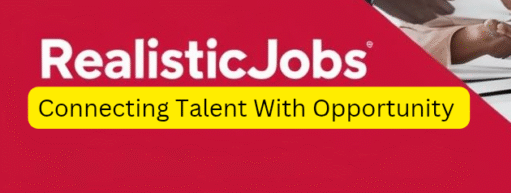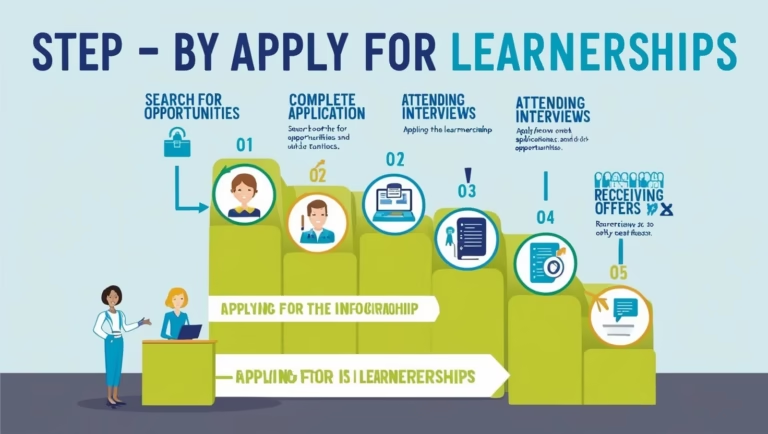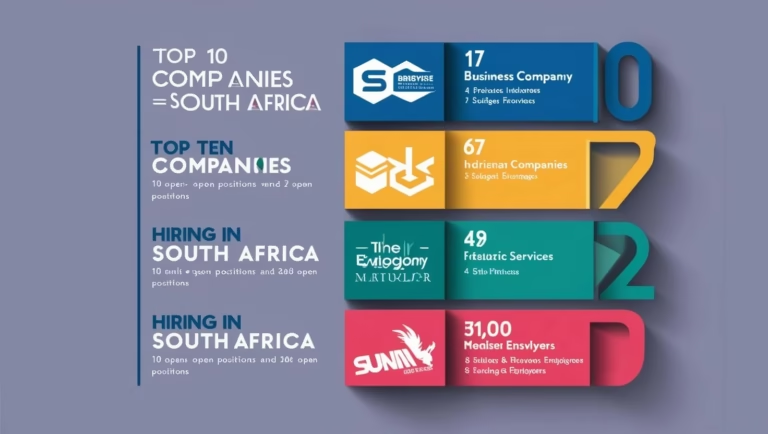Government Bursaries for South African Students: What You Need to Know
Introduction For many South African students, the cost of higher education is a significant barrier. Fortunately, government bursaries provide a vital financial lifeline, helping thousands of students each year pursue their dreams. If you’re planning to study at a university or TVET college in South Africa, understanding how government bursaries work could be the key…
Introduction
For many South African students, the cost of higher education is a significant barrier. Fortunately, government bursaries provide a vital financial lifeline, helping thousands of students each year pursue their dreams. If you’re planning to study at a university or TVET college in South Africa, understanding how government bursaries work could be the key to unlocking your future.
This guide breaks down the top government-funded bursaries available in 2025, who qualifies, how to apply, and tips to increase your chances of success.
What Are Government Bursaries?
A government bursary is financial aid provided by the South African government to help students from low- or middle-income families cover the costs of tuition, accommodation, meals, and study materials. Unlike student loans, bursaries usually don’t need to be repaid — as long as you meet the terms of the funding.
Top Government Bursaries in South Africa
1. NSFAS (National Student Financial Aid Scheme)
Who it’s for: Students from poor and working-class backgrounds
Covers: Tuition, registration fees, accommodation, transport, living allowance, books
Institutions: Public universities and TVET colleges
How to apply: Online at www.nsfas.org.za
Deadline for 2025 Applications: Typically opens in September and closes in January. Keep an eye on the NSFAS website for updates.
2. Funza Lushaka Bursary Programme
Who it’s for: Students studying to become teachers in priority subject areas
Covers: Tuition, accommodation, books, and living expenses
Conditions: You must teach at a public school for the same number of years you received the bursary
How to apply: Via www.funzalushaka.doe.gov.za
3. Department of Health Bursaries
Who it’s for: Students pursuing careers in nursing, medicine, pharmacy, and allied health sciences
Covers: Varies by province; usually includes tuition and living costs
How to apply: Applications are submitted through provincial Departments of Health
4. Department of Agriculture, Land Reform and Rural Development Bursaries
Who it’s for: Students studying agriculture, food science, veterinary science, and related fields
How to apply: Visit the department’s website for annual bursary announcements
Who Qualifies for Government Bursaries?
While each bursary has its own requirements, you generally need to:
- Be a South African citizen
- Be accepted or enrolled at a recognized public institution
- Come from a household with a combined income below a certain threshold
- Show strong academic performance or potential
- Intend to work in a field aligned with the bursary provider’s priorities
Related: Top Internships in South Africa for University Students (2025 Guide)
How to Apply for a Government Bursary
- Do Your Research
Start early by identifying which bursaries suit your career goals and financial needs. - Gather Your Documents
You’ll typically need certified copies of your ID, academic results, proof of income, and proof of registration or acceptance. - Apply Online or by Post
Follow the instructions on the bursary provider’s official website. Never pay anyone to apply. - Meet the Deadlines
Missing a deadline could cost you a full year of funding, so apply early.
Tips to Increase Your Chances
- Apply for multiple bursaries: Don’t rely on just one application.
- Write a strong motivation letter: Explain why you deserve the bursary and how it will help you achieve your goals.
- Keep your grades up: Many bursaries are merit-based or require maintaining a certain academic performance.
- Stay informed: Follow bursary providers on social media and sign up for email alerts.
Final Thoughts
Education is one of the most powerful tools to change your future, and with the help of a government bursary, it’s more accessible than ever. Whether you’re pursuing teaching, healthcare, agriculture, or any other field, there’s likely a bursary that can support your journey.
Stay proactive, start early, and don’t let financial obstacles stop you from reaching your potential.
Call to Action:
Looking for more career and education tips? Subscribe to RealisticJobs.com for weekly updates on bursaries, internships, and job opportunities in South Africa.





